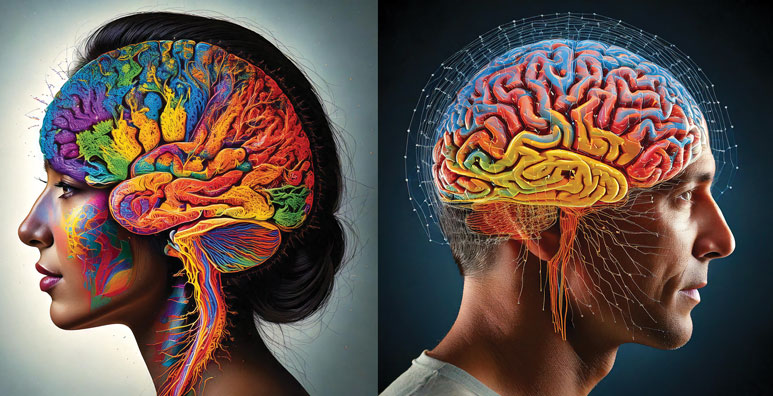
Artificial intelligence will handle enhanced productivity and task automation. Since it can handle repetitive tasks such as data entry, scheduling, and reporting, it will free up employees for more strategic, creative work.
Advanced virtual assistants could help teams by scheduling meetings, taking notes, and even making follow-up task recommendations. They may also help track project status and manage deadlines. It can provide real-time transcriptions and meeting summaries, making it easier to refer back to discussions and increasing accessibility for remote or hearing-impaired employees.
Artificial intelligence could create tailored learning paths for employees, identifying skills gaps and suggesting relevant training. This supports continuous learning and helps employees keep up with new technologies.
Through performance tracking, could offer real-time feedback and coaching tips for tasks, helping employees improve their skills and productivity on the job. Hiring can be streamlined by analyzing resumes, conducting initial assessments, and matching candidates to roles based on their skills and personality traits. This shortens the recruitment process and helps identify best-fit candidates.
AI can provide real-time analytics on productivity, workflow bottlenecks, and team dynamics, enabling managers to make data-driven adjustments that optimize team performance. It could monitor equipment, HVAC systems, and other facilities, scheduling maintenance as needed and alerting management to potential issues before they cause disruption.
Mental health AI apps could offer employees access to mental wellness resources, such as virtual counseling or personalized wellness recommendations, helping manage stress and promoting a healthy work-life balance. AI support enables flexible scheduling by analyzing work patterns and suggesting optimal times for deep work, breaks, and team collaboration. This can reduce burnout and increase overall productivity.
Development of VR or AR environments where remote teams can meet, interact with 3D models, and conduct virtual brainstorming sessions could be possible with artificial intelligence. AI-enhanced VR training could allow employees to practice skills in simulated environments, making instruction safer and more effective, particularly in fields like manufacturing, healthcare, and customer service.
Office administrators could ensure that workflows and communications align with company policies and industry regulations, thereby mitigating the risk of legal issues or compliance breaches with AI systems. This could be extended to monitoring for unconscious biases in hiring, performance evaluations, and promotions, ensuring a fairer workplace and supporting diversity and inclusion efforts.
AI systems could analyze market data and generate forecasts, helping teams make more informed decisions on product development, marketing, and sales strategies. Sales and support teams could use it to monitor customer interactions and feedback, gaining insights into customer needs and behavior, thereby guiding product improvements and service enhancements.
Artificial intelligence will transform offices by automating administrative tasks. Hybrid working, space optimization, and enhancing employee experience will also benefit from artificial intelligence.
Artificial intelligence will transform offices by automating administrative tasks.
Recent Articles
More opinions of the author on artificial intelligence in the graphic design industry you might be interested in.
Businesses are bracing for a potential limited supply of AI chips
Enjoy Artificial Intelligence until the AI chip shortage hits.Recent Articles More opinions of the author on...
AI will have a significant impact on future graphic design
In the future, expect artificial intelligence to significantly impact graphic design by streamlining workflows,...
Negatives of artificial intelligence in graphic design
Relying too much on data driven design decisions can sometimes stifle creativity.Recent Articles More opinions of the...



